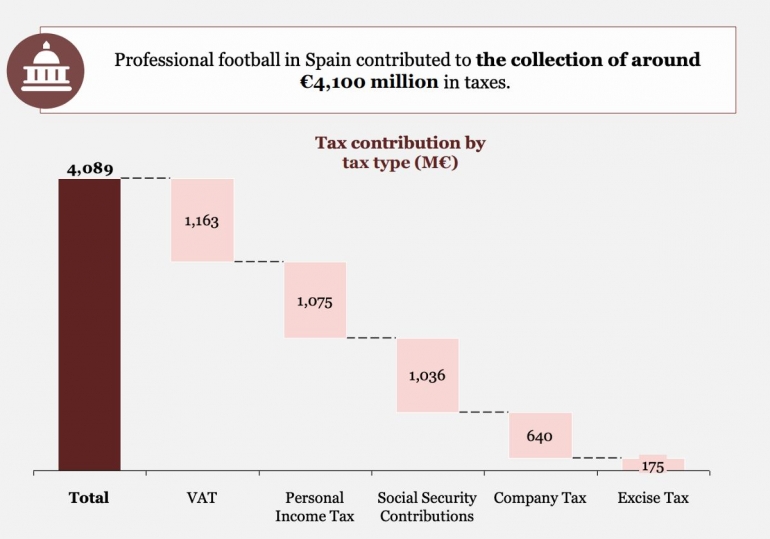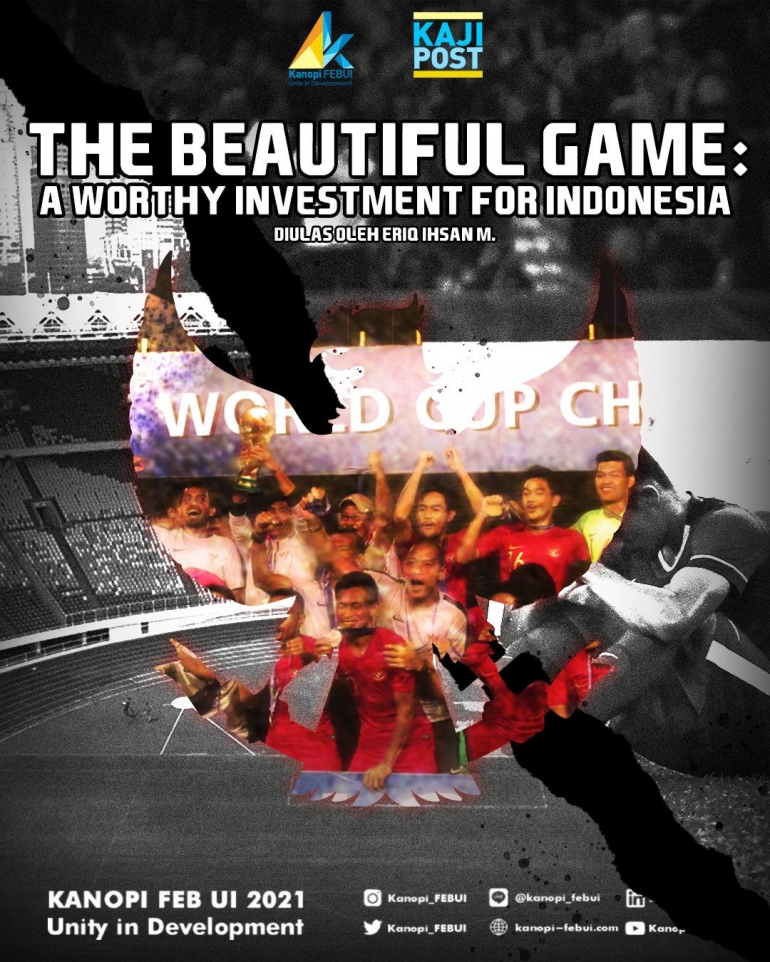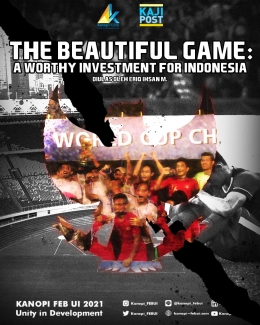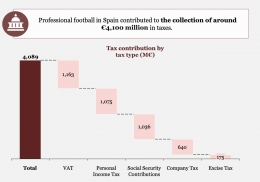The Beautiful Game: A Worthy Investment For Indonesia
The year 2022 started with a defeat in the AFF Suzuki Cup final for Indonesia, yet the aftermath of this tournament felt different. In past defeats, the performances had simply been below bar, however this time round there was a youthful and positive spirit surrounding the camp. Many star players for the national team, such as Ricky Kambuaya, Ramai Rumakiek and Pratama Arhan, were encouraged by pundits and commentators to take the big step abroad, whilst fans pleaded with head coach Shin Tae-yong on social media to continue in his role, even though his contract still runs until 2023. Nevertheless, the overall situation is still particularly dire, as the country currently sits in 164th position in the FIFA rankings, below the likes of Burundi, Afghanistan and regional rivals Singapore.
Although Indonesian football has not experienced much success, it does have a rich football history. Competing as the Dutch East Indies, Indonesia were the first Asian team to qualify for the World Cup finals. The country has also qualified for the Asian Cup a respectable four times and has finished runners-up of the AFF Suzuki Cup a record six times, albeit never winning the competition itself. Thus, the Southeast Asian nation has been coined a 'sleeping giant' by many, demonstrating the huge potential that it has to reap the rewards of further investment in the football industry.
Significant Economic Incentive
With a huge consumer base, Indonesia has the capability to capitalise on the large domestic market. With a population of 270 million, the sprawling archipelago has a population larger than the UK, Spain, Germany and Italy combined. The four respective countries mentioned are home to the top four leagues in Europe, based on the 2021 UEFA club coefficient rankings. In the 2019-2020 season, the English Premier League alone contributed a total of 7.6 billion to the UK economy, despite one quarter of the football season being played behind closed doors due to the COVID-19 pandemic (Walker, 2021). In addition, the Premier League supported 100,000 jobs in 2016-17, providing vital support to local communities across the country, due to the significant investment in the top-flight of English football (Ernst & Young 8).

Figure 1, Source: PricewaterhouseCoopers
Aside from the English Premier League, the economic benefits from football can be seen in other countries as well. As per the 2016-2017 football season, a report from PWC found that football contributed at least 1% of GDP in all regions in Spain apart from one, with five communities generating over 1 billion per year. It can be seen that the football industry is able to attract tourists, provide jobs and spur on economic growth. The report found that the football industry in Spain has created around 185,000 jobs.
As shown in Figure 1, it has also enabled the government to receive around 4.1 billion in taxes, which is equal to 1.37% of the total national GDP (La Liga, 2019). Furthermore, in the 2018-2019 football season, PWC were able to establish that FC Barcelona alone created economic activity which translated into 1.191 million in Gross Domestic Product, which is around 1.46% of the total GDP of the city, approximately 19,500 jobs and a significant tax revenue of 366 million (FC Barcelona, 2020). In a separate analysis, it was found that two of the most well-known clubs in Spain, Real Madrid and FC Barcelona, when combined generate more revenue than the GDP of 14 different countries (Forjanes, 2020). Stadium tours to the historic Santiago Bernabu Stadium and the Camp Nou were shown to have attracted more tourists than Ecuador.
Recently, Indonesian football has seen external investment from notable celebrities and businessmen. Well-known figures such as Kaesang Pangarep, Atta Hallilintar, Garibaldi Thohir and Raffi Ahmad have become shareholders of Persis Solo, AHHA PSG Patti, Dewa United and RANS Cilegon FC respectively, achieving relative success in a short space of time on and off the field. However, the Indonesian football league system is still far off in terms of quality compared to other Asian counterparts, like Japan, Korea and China, let alone Europe. In order for Indonesia to reap similar economic benefits, supporting football clubs across the country should be considered a priority. This can be done by improving the management of the football pyramid as a whole and creating a suitable climate for investment. The potential returns of a well-structured football system coupled with additional investment are expected to be particularly significant, especially with the unique fan culture from throughout the country.









